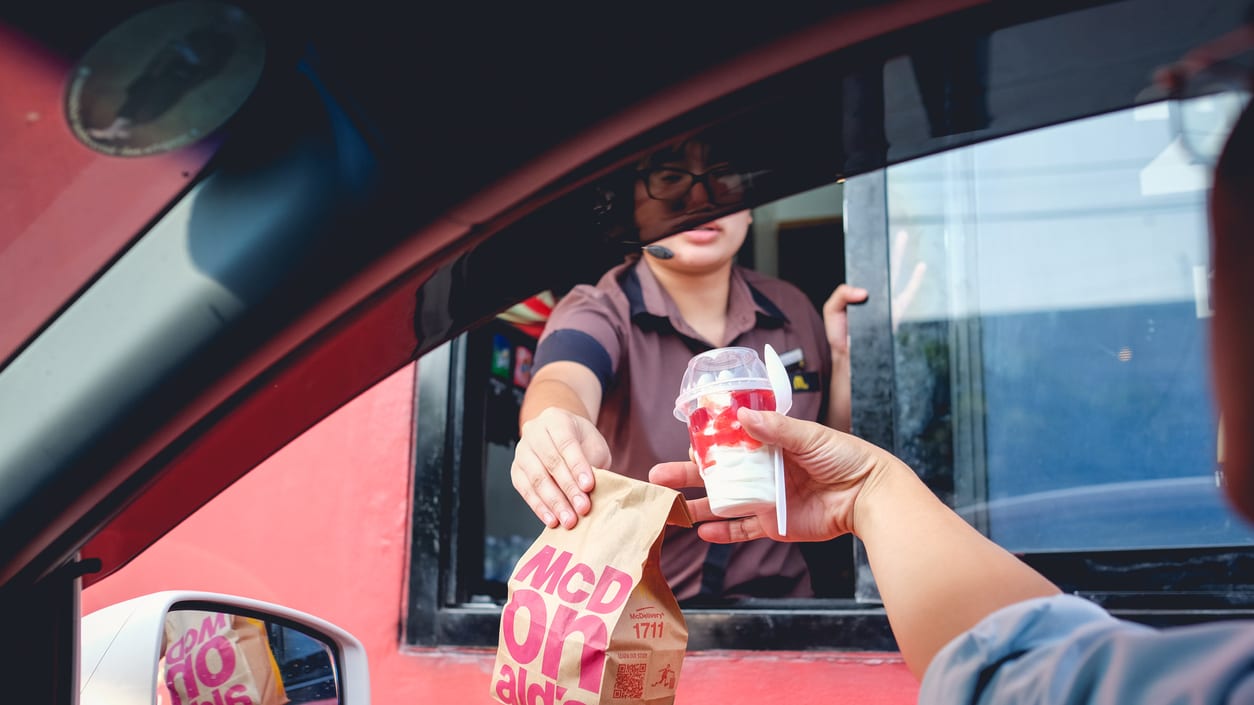McDonald's is among the latest employers to offer caregiving benefits to attract and retain employees. Restaurants in the U.S. were among the hardest-hit businesses during the pandemic, and many workers were let go as sales stalled.
Now desperate to attract and keep employees, companies are getting creative in the incentives they dangle in front of prospective workers. McDonald's will co-fund, with franchisees, a new emergency child care program, CNBC reported.
The global fast-food chain is among a growing number of companies looking to caregiver benefits to compete for workers in a tight labor market. Bright Horizons Family Solutions, which manages employer-based child care and facilitates child care and educational benefits, has reported a greater demand for its services.
Companies that already offer backup care are also adding other benefits such as nanny or tutoring services.
MS International (MSI), a California-based tile, flooring and countertop supply company, is partnering with an educational service to offer free one-on-one tutoring for the children of its hourly employees. All tutoring costs are covered for children in grades K-12 and for SAT and ACT test preparation. The aim is to reduce stress among employees worried about their children falling behind in school during the past year.
"We recognize how difficult remote learning or limited in-person instruction can be, and we're excited to launch this program to help provide extra support for our employees' children," MSI president Raj Shah said in a statement announcing the benefit.
At the federal level, caregiving assistance is among the initiatives included in a $3.5 trillion budget Senate Democrats agreed to on July 13 to help get people back into the workforce. The plan calls for universal prekindergarten, expands caregiving for the disabled and elderly, subsidizes child care, extends child tax credits, offers national paid family leave, and expands Medicare. President Joe Biden calls the proposal, which includes climate change initiatives, "human infrastructure."
[SHRM members-only toolkit: Managing Work/Life Fit: Dependent Care and Elder Care]
Employers are coming up with other creative benefits, too. Some hotels offer free beachfront lodging, fitness equipment and skills training to certain senior staff who had worked remotely to thank them for returning to the workplace, Fox Business reported.
Signing and retention bonuses are being offered as well, often appearing in job posts for drivers, dental and nursing positions, and personal and home health care openings, according to Indeed.
SHRM Online collected the following news articles and resources on this topic.
McDonald's Owners Offer Tuition, Child Care to Lure Burger Flippers
McDonald's Corp. owners are adding emergency child care and other benefits, as many U.S. restaurants are struggling to hire enough workers to run their businesses.
U.S. franchisees of the burger giant aim to boost hourly pay, give workers paid time off, and help cover tuition costs to draw enough workers and improve the Golden Arches' image as an employer. McDonald's corporate parent said it is making a multimillion-dollar investment to back the franchisee efforts.
The Pandemic Is Changing Employee Benefits
Caregiving benefits are essential to employee productivity and success, according to The Future of Benefits report from Care.com. Its survey of 500 HR and C-suite leaders found that since the pandemic, respondents have a better understanding of the importance of such benefits and also "opened their eyes to the challenges of employees who care for the elderly."
How Companies Can Support Single Parents
The United States has one of the highest rates of children living in single-parent households in the world, with nearly 1 in 4 children—about 22 million—living with a solo parent. Forty-two percent of solo parents are white, and 28 percent are Black. About 80 percent of children live with solo mothers, and most of these mothers work.
"Companies need to acknowledge that single parents exist," said Tanzina Vega, a solo parent, journalist and host of The Takeaway public radio show on WNYC. "A lot of organizations still assume that all parents are in couples, so there's an assumption that your partner will be there at home if you can't be."
(SHRM Online)
Quiz: Employees with Caregiving Responsibilities
When employees struggle to balance their work lives with the responsibilities of caring for children and aging or disabled family members, employers may experience an unrecognized drain on productivity. Moreover, employers often do not realize how prevalent caregiving responsibilities are among their employees, and the COVID-19 pandemic is only exacerbating the situation.
(SHRM Online)
Was this resource helpful?




